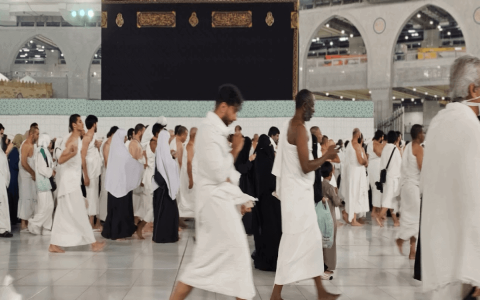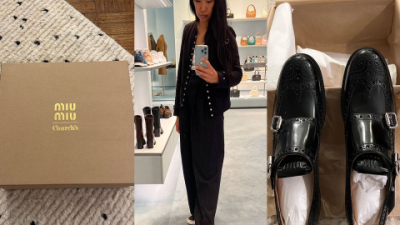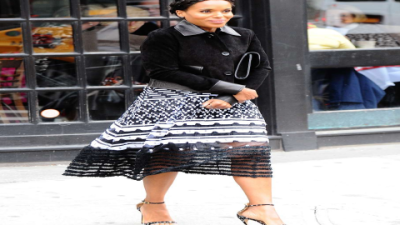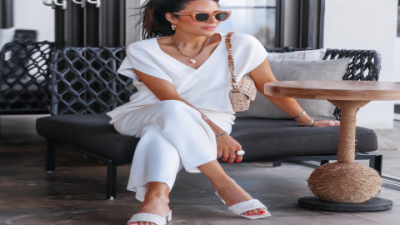You know that feeling when you put on something brand new? Maybe it's an Eid outfit you've been saving for weeks, or just a simple shirt you picked up during a random shopping trip. There's something special about that first moment – and in Islam, we have this beautiful tradition that turns getting dressed into something sacred.
I remember my grandmother always mumbling something under her breath whenever she wore anything new. As a kid, I thought she was just talking to herself. Turns out she was following one of the most overlooked Sunnahs of our Prophet Muhammad (peace be upon him). It's honestly pretty amazing how Islam has guidance for literally everything, even something as mundane as putting on clothes.
This guide will walk you through everything about the dua for new clothes. And trust me, once you start doing this, you'll never look at your wardrobe the same way again.
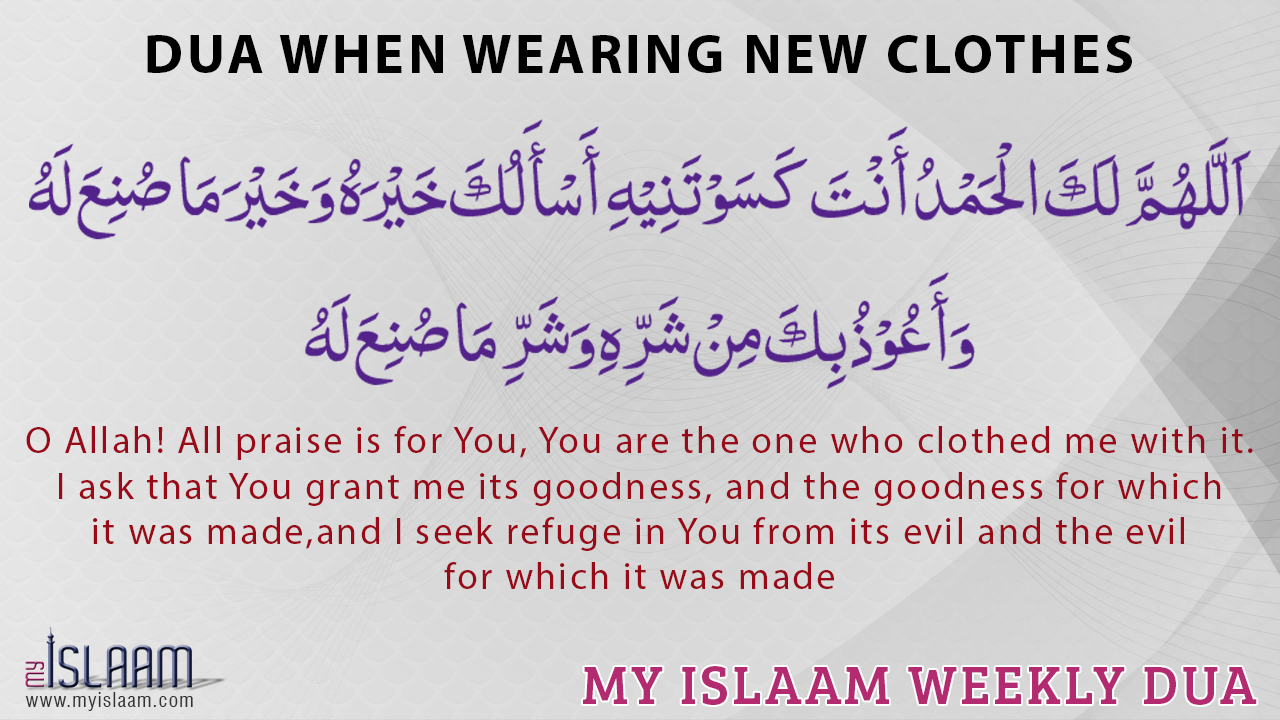
The Complete Dua for Wearing New Clothes
Okay, so here's the actual prayer you're supposed to say. Don't worry if the Arabic looks intimidating at first – I've included everything you need:
Arabic Text
اللَّهُمَّ لَكَ الْحَمْدُ أَنْتَ كَسَوْتَنِيهِ، أَسْأَلُكَ مِنْ خَيْرِهِ وَخَيْرِ مَا صُنِعَ لَهُ، وَأَعُوذُ بِكَ مِنْ شَرِّهِ وَشَرِّ مَا صُنِعَ لَهُ
How to Pronounce It
"Allaahumma lakal-hamdu 'Anta kasawtaneehi, 'as'aluka min khayrihi wa khayri maa suni'a lahu, wa 'a'oothu bika min sharrihi wa sharri ma suni'a lahu"
What It Actually Means
"O Allah, praise is to You. You have clothed me. I ask You for its goodness and the goodness of what it has been made for, and I seek Your protection from the evil of it and the evil of what it has been made for."
Pretty comprehensive, right? In just one short prayer, you're thanking Allah, asking for blessings, AND seeking protection. It's like spiritual insurance for your outfit.
Where This Comes From (And Why It Matters)
This isn't something scholars just made up. We have solid proof that the Prophet (peace be upon him) actually did this regularly.
Abu Sa'id al-Khudri (may Allah be pleased with him) tells us that whenever the Messenger of Allah got a new piece of clothing – whether it was a shirt, turban, or whatever – he'd first say what it was, then recite this dua. Can you imagine? Even the Prophet of Allah took time to be grateful for his clothes.
The hadith is recorded in Abu Dawud (number 4020) and At-Tirmidhi (number 1767). Scholars like Ibn al-Qayyim and Sheikh al-Albani have authenticated it, so we know it's legit.
What's really cool is that Umar ibn al-Khattab (may Allah be pleased with him) also practiced this after hearing it directly from the Prophet. These early Muslims didn't mess around when it came to preserving the Sunnah.
Why This Prayer Is Actually Genius
At first glance, you might think: "It's just clothes, why make such a big deal?" But there's actually some deep psychology going on here.
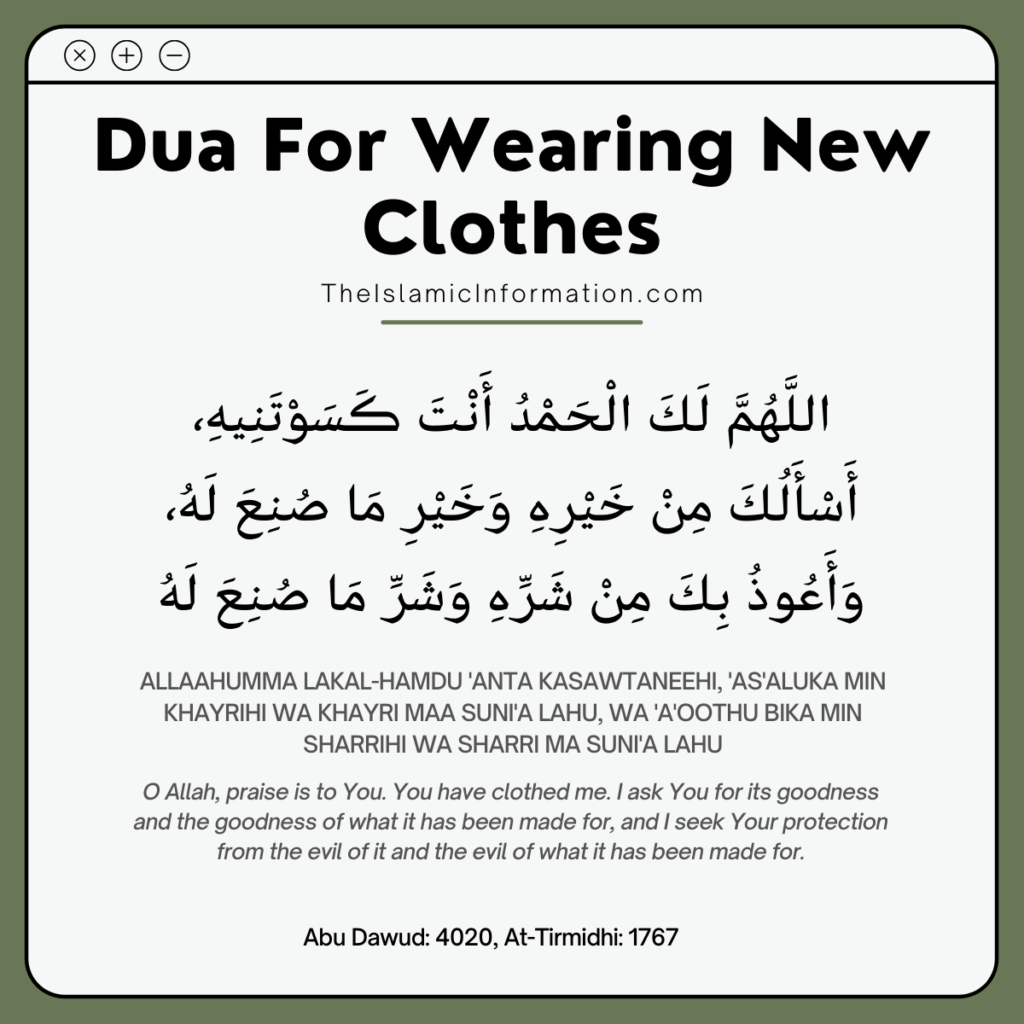
It Keeps You Humble: The prayer starts with pure gratitude to Allah. In a world where people judge you by your clothes, this immediately reminds you that everything you have comes from above. I've noticed that when I remember to say this dua, I'm way less likely to feel superior when I'm wearing something nice.
It Acknowledges the Real Source: "You have clothed me" – this phrase hits different when you really think about it. Sure, maybe you worked overtime to afford that jacket, but Islam teaches us that even our ability to work is a gift from Allah.
It's Comprehensive Protection: The part about seeking protection from "its evil and what it's made for" is surprisingly deep. We're not just talking about bad fabric or poor stitching. This covers pride, showing off, inappropriate attention – all the negative stuff that can come with clothing.
New Clothes vs. Regular Clothes (There's a Difference!)
Here's something a lot of people don't know: there are actually different duas for different situations.
For Brand New Items
Use the complete dua I mentioned above. This is specifically for when you're wearing something for the very first time.
For Your Regular Clothes
For everyday stuff that's not new, there's a shorter version:
Arabic: الحَمْدُ للهِ الَّذِي كَسَانِي هَذَا وَرَزَقَنِيهِ مِنْ غَيْرِ حَوْلٍ مِنِّي وَلَا قُوَّةٍ
Pronunciation: "Alhamdu lillahilladhi kasani hadha wa razaqanihi min ghayri hawlin minni wa la quwwah"
Translation: "Praise is to Allah who has clothed me with this and provided it for me, though I was powerless myself and incapable"
I love how precise Islamic teachings are. There's literally a specific remembrance for every situation.
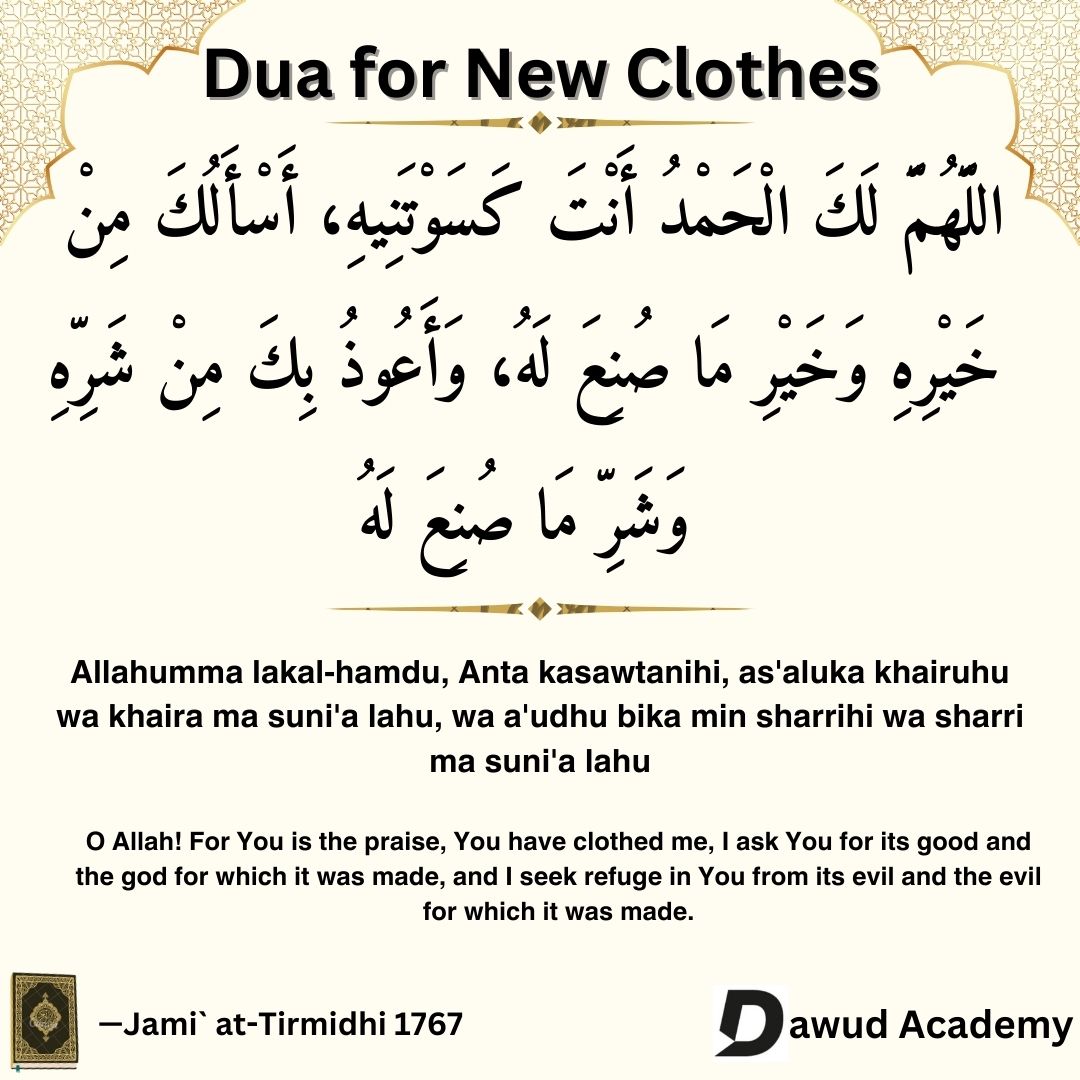
How to Do This Right
Okay, so you know the words, but there's some etiquette involved too:
Start Right: Put your right arm or leg in first. It's a small thing, but it follows the Islamic principle of starting good actions with the right side.
Timing Matters: Say the dua while you're putting the clothes on, or right after. Don't wait until you're fully dressed and about to leave the house.
Actually Think About It: Don't just rush through the Arabic words. Take a second to really feel grateful and think about what you're asking for.
Stay Humble: This is probably the most important part. New clothes shouldn't make you arrogant or judgmental of others. The Prophet wore simple clothes and even patched his own garments when needed.
Teach Others: If you have kids, definitely teach them this. My cousin started doing this with her 6-year-old, and now he automatically says "Alhamdulillah" whenever he gets something new. It's honestly adorable and teaches gratitude early.
The Rewards Are Real
This isn't just about following tradition – there are actual benefits:
Forgiveness of Sins: According to a narration by Mu'adh ibn Anas, if you say this dua when putting on new clothes, Allah forgives your previous sins. That's huge! Imagine getting your sins wiped clean just for being grateful for new clothes.
Everything Becomes Worship: Instead of just getting dressed, you're now doing dhikr. Your morning routine becomes spiritually meaningful.
Protection from Materialism: In our consumerist society, this practice is like a shield against getting too attached to stuff. When you consistently remember that Allah is the source of all blessings, you're less likely to go overboard with shopping or judge people by their clothes.

More Gratitude Overall: I've found that people who practice this regularly become more grateful in general. It's like training your brain to notice and appreciate blessings.
Common Mistakes People Make
I've seen people mess this up in a few ways:
Going Through the Motions: Just reciting Arabic words without thinking about the meaning is pointless. You need to actually mean what you're saying.
Only for Expensive Stuff: Some people think this is only for fancy clothes. Wrong! It's for any new garment, whether it's a designer dress or socks from the dollar store.
Forgetting the Attitude: If you say the dua but then spend the day showing off your new outfit, you've missed the point entirely.
Being Inconsistent: Like most Islamic practices, the benefits come from consistency. Don't just do it when you remember – make it a habit.
Questions People Always Ask
Do I really need to say this for EVERY new piece of clothing?
Yep, even underwear and socks. If it's new and you're wearing it for the first time, the dua applies.
What if I forget the first time?
Just say it when you remember. Allah knows your intention, and it's better late than never.
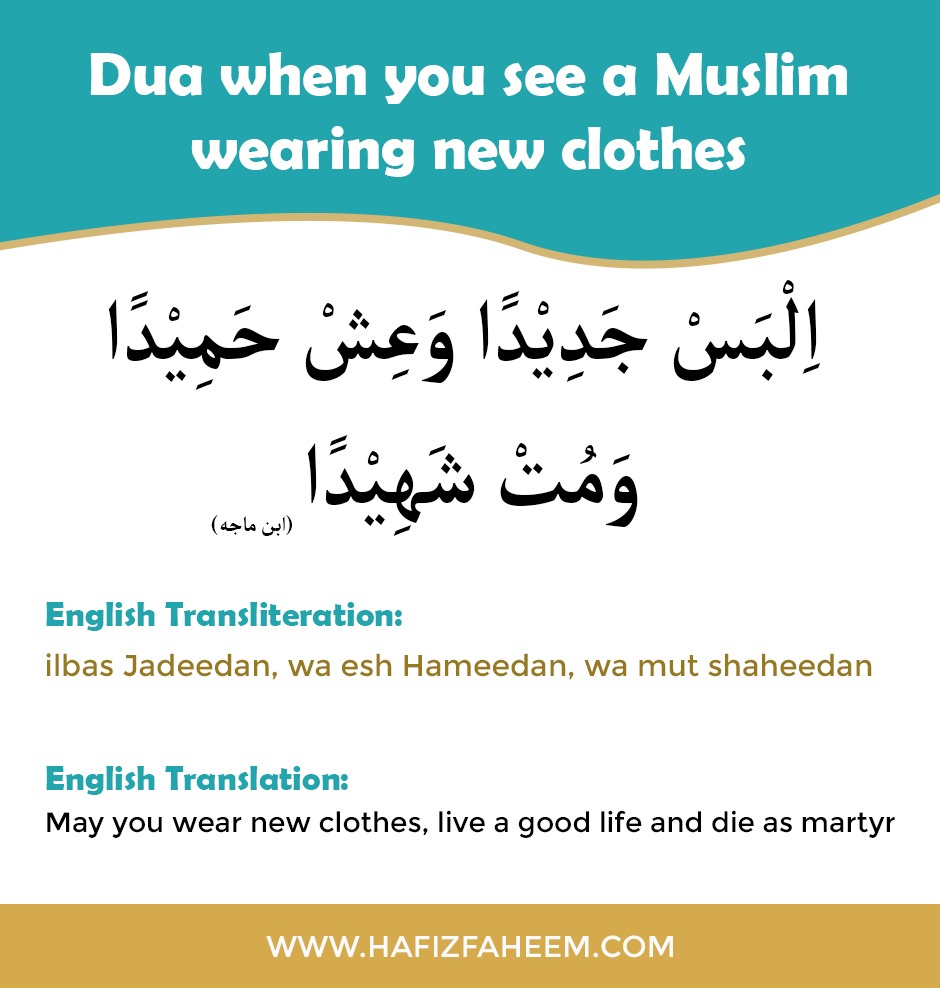
Can I say it in English?
Arabic is preferable since it's the original language of the dua, but if you don't know Arabic, saying it in your native language with understanding is better than just reciting Arabic without comprehension.
Should kids do this too?
Absolutely! Teaching children to be grateful for their blessings is one of the best gifts you can give them.
What about accessories like shoes or jewelry?
The hadith specifically mentions clothing, but the principle of gratitude can definitely be applied to any new possession.
Does it count if the clothes were a gift?
Of course! The person who gave you the gift was just the means through which Allah provided for you.
How long are clothes considered "new"?
Generally just the first time you wear them. After that, use the regular dua for getting dressed.
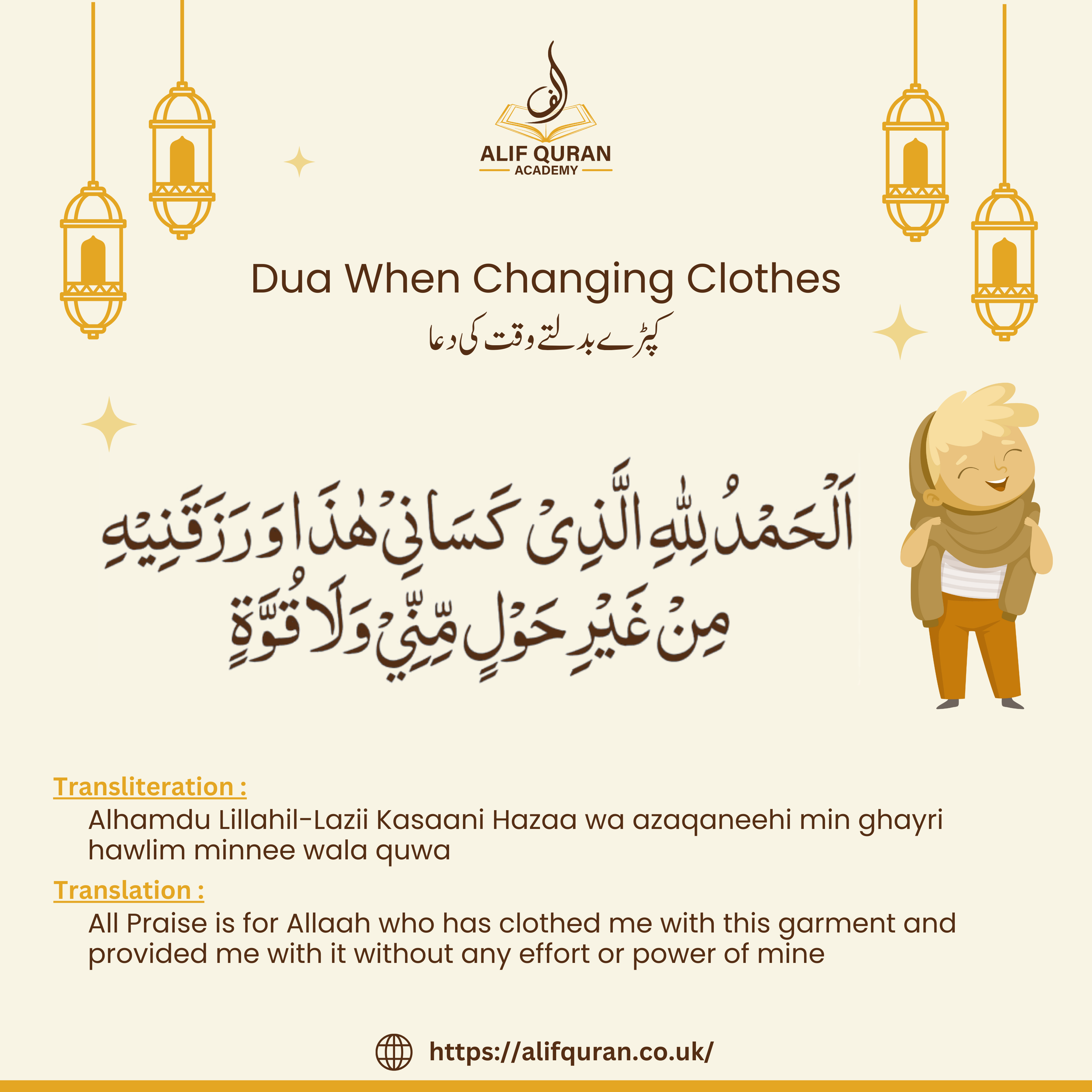
Making It Stick
Look, I'll be honest – I didn't always remember to do this when I first learned about it. It took a while to make it a habit. But now it's automatic, and I actually feel weird putting on new clothes without saying the dua.
Here are some tips that helped me:
- Write the dua on a note and stick it in your closet
- Set a phone reminder for the first few weeks
- Practice saying it out loud so it becomes natural
- Connect it to something you already do automatically (like checking yourself in the mirror)
The beautiful thing about this practice is how it transforms something so ordinary into something sacred. Every time you get a new shirt, dress, or pair of pants becomes an opportunity to connect with Allah and follow the Sunnah of our Prophet.
In a world that's constantly pushing us to buy more, want more, and compare ourselves to others based on what we wear, this simple dua grounds us in gratitude and humility. It reminds us that our worth isn't determined by our clothes, and that every blessing – no matter how small – deserves our thankfulness.
So next time you're putting on something new, take that moment. Feel the fabric, appreciate the blessing, and say those beautiful words that Muslims have been reciting for over years. You're not just getting dressed – you're participating in a tradition that connects you to the Prophet and millions of believers throughout history.
Trust me, once you start doing this regularly, you'll wonder how you ever got dressed without it.
